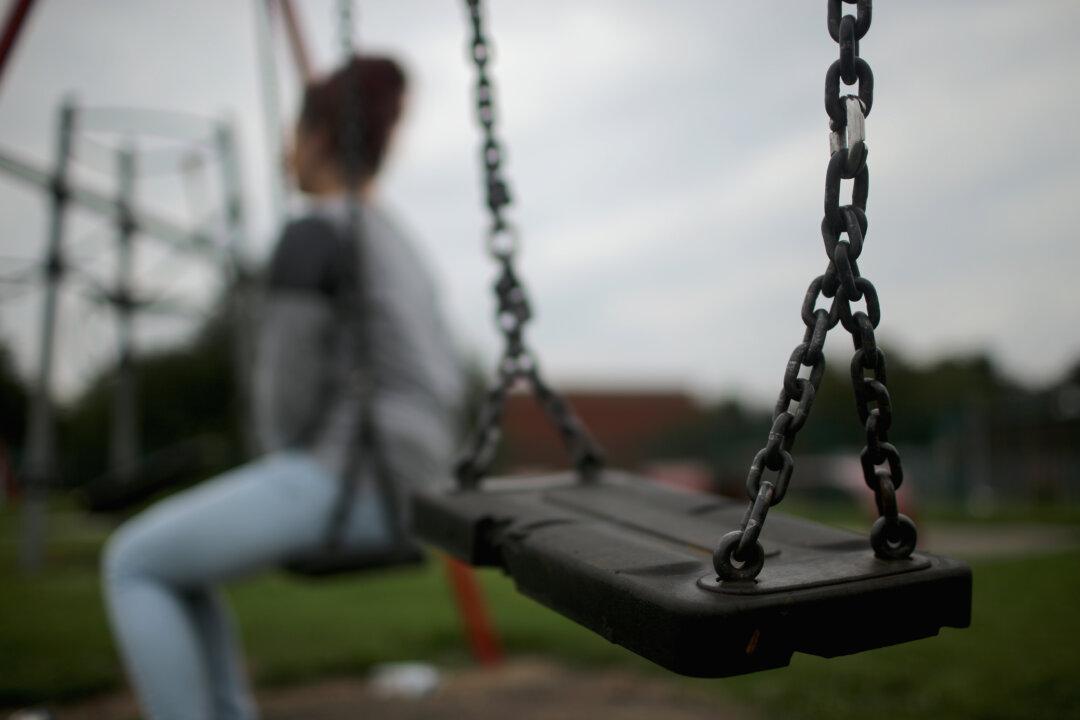Britain’s Home Secretary, Priti Patel, has published a long-awaited paper on the racial and other characteristics of child sex grooming gangs following both recent and non-recent high-profile cases.

A teenage girl, who claims to be a victim of sexual abuse and alleged grooming, poses in Rotherham, South Yorkshire on Sept. 3, 2014. Christopher Furlong/Getty Images
|Updated:




